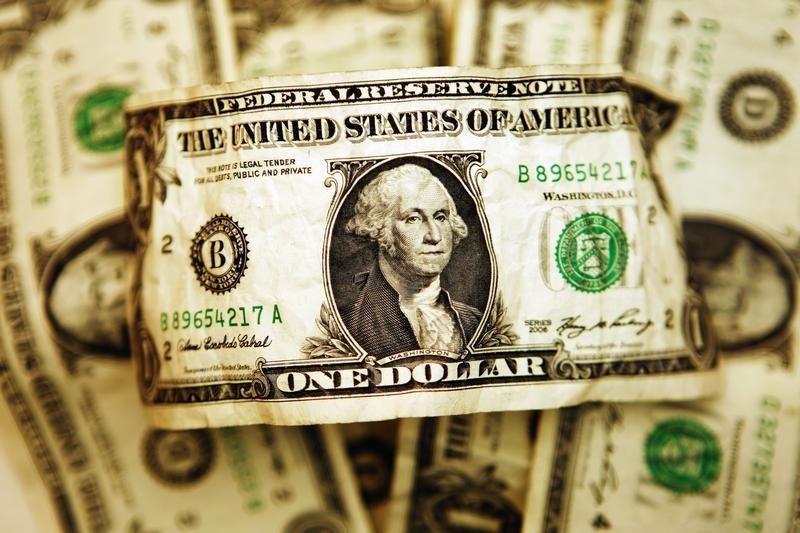(Bloomberg Opinion) -- Do the poor suffer more from inflation than the rich? Recent reports to the contrary, the numbers are not complete enough to answer that question in a simple way. What’s clear is that diverging rates of price inflation are creating distinct winners and losers.
Because the U.S. tech sector has advanced so much while many other parts of the economy have been relatively sluggish, the benefits from progress are now quite concentrated, though not in a way directly related to income. Rather, they accrue to people with a taste for a particular kind of novelty.
Consider people who love to consume information, or as I have labeled them infovores. They can stay at home every night and read Wikipedia, scan Twitter, click on links, browse through Amazon (NASDAQ:AMZN) reviews and search YouTube — all for free. Thirty years ago there was nothing comparable.
Of course most people don’t have those tastes. But for the minority who do, it is a new paradise of plenty. These infovores — a group that includes some academics, a lot of internet nerds and many journalists — have experienced radical deflation.
Another set of major beneficiaries is people who enjoy writing for fun (as distinct from professional writers). They can write to their friends or groups of friends on Whatsapp and Facebook (NASDAQ:FB), all day long, also for free. You might also put “people who love to argue” in this same lucky category, though whether that translates into lasting enjoyment is a question that we could … argue about.
Lovers of variety are another big winner. You can use eBay (NASDAQ:EBAY) to find that obscure collectible, or browse Amazon’s vast inventory, or watch a lot of different TV programs, ranging from Spanish-language news to curling to cooking shows. In short, it is a wonderful time for those who love to browse and sample. Maybe you discover a favorite category or genre and form a deep aesthetic commitment, or maybe you just want to keep on surfing. Either way, the opportunities are unprecedented.
As a side note, I belong to all of those groups: I am an infovore, I write for fun (and for other reasons) and love variety. So I have been a big winner from the last 20 years, in a disproportionate and unrepresentative way — quite apart from any changes to my income.
So who might be worse off in this new American world?
People who like to spend time with their friends across town are one set of losers. Traffic congestion is much worse, and so driving in Los Angeles or Washington has never been such a big burden. In-person socializing is therefore more costly. On the other hand, the chance that you have remained in touch with your very distant friends is higher, due to email and social media. Those who enjoy less frequent (but perhaps more intense?) visits are on the whole better off for that reason. It is easier than ever to go virtually anywhere in the world and have someone interesting to talk to.
Another group of losers — facing super-high inflation rates — are the “cool” people who insist on living in America’s best and most advanced cities. Which might those be? New York, Los Angeles, San Francisco? You can debate that, but they have all grown much more expensive. Many smaller cities, such as Austin, Washington and Boston, are going the same route. Alternatively, if you have more of a taste for isolation or desolation, or a high tolerance for boredom, your pocketbook is not being squeezed so tightly.
Medical care is another area that has created big losers and winners. If you suffer from a common malady that simply requires care and attention from the medical establishment, you may well be worse off. The price of medical care is much higher, insurance coverage is by no means guaranteed, and the system has been growing more bureaucratic and arguably more frustrating.
If, on the other hand, you have some kind of “frontier” condition, requiring innovative technology or new pharmaceuticals, your chances have never been better.
What is the common theme here? It is that those who love or need “the new” are often doing relatively well. Those who value the old standbys — the crosstown friend, the Manhattan brownstone, the uncomplicated visit to the local doctor to have a broken ankle set — are in a more dubious position.
As a result, there is an incentive to cultivate a taste for novelty. It’s fun, to be sure, but maybe also a bit confusing and alienating. So when people feel that way, and express it in unexpected ways, perhaps we should not be altogether surprised.
